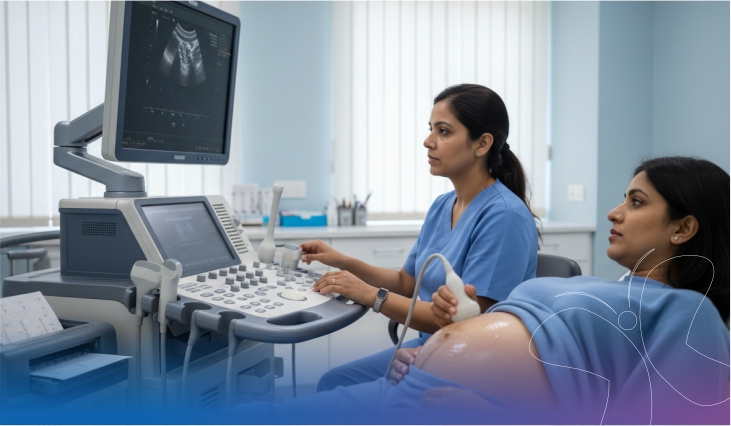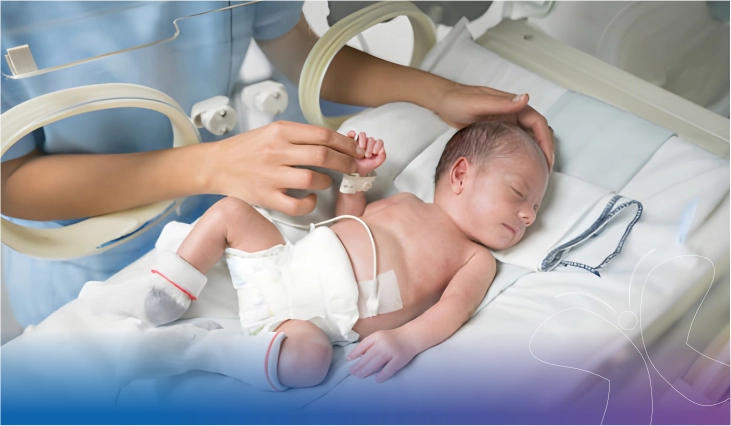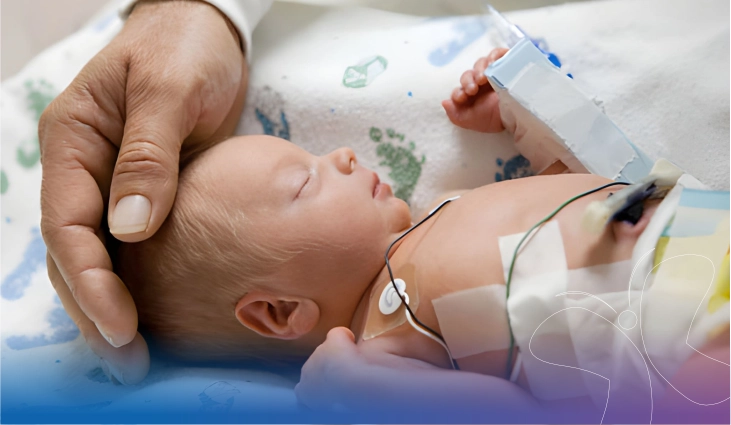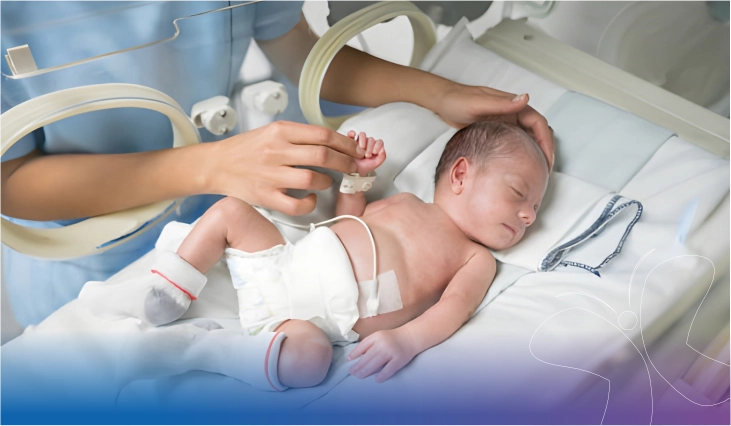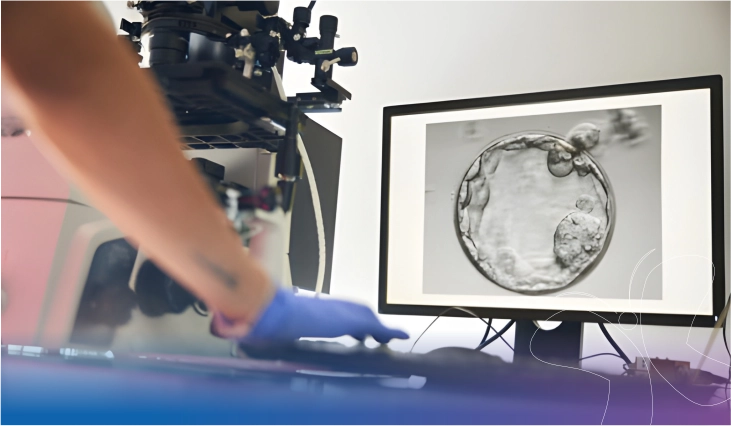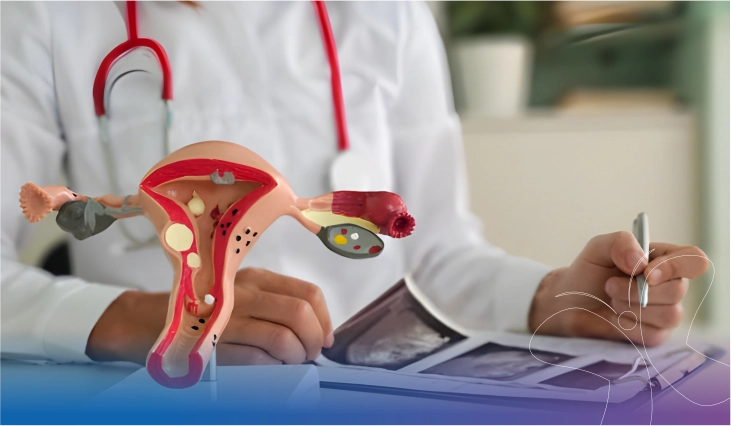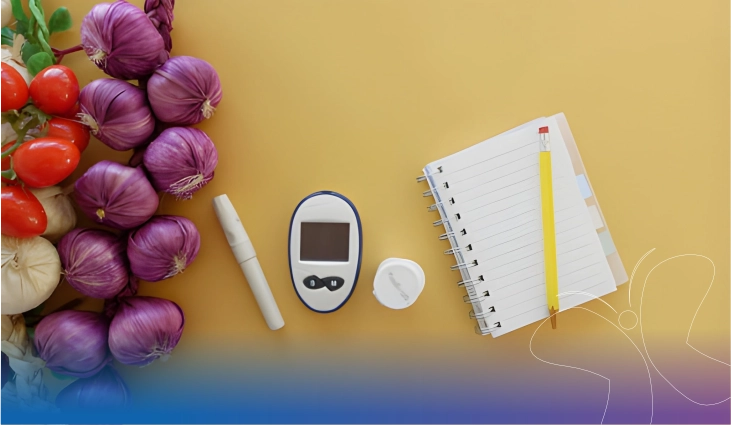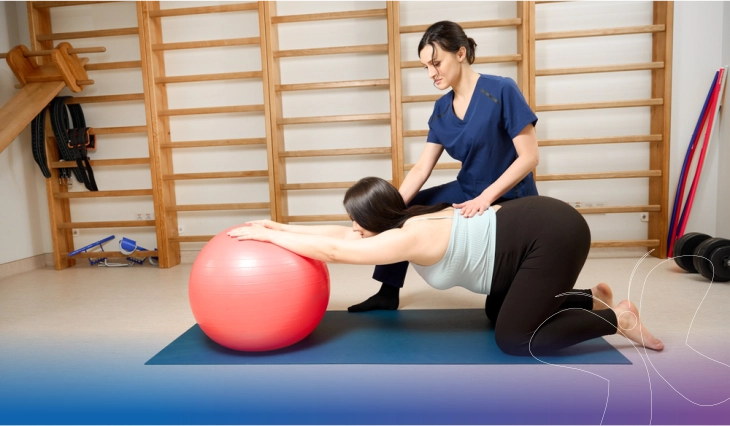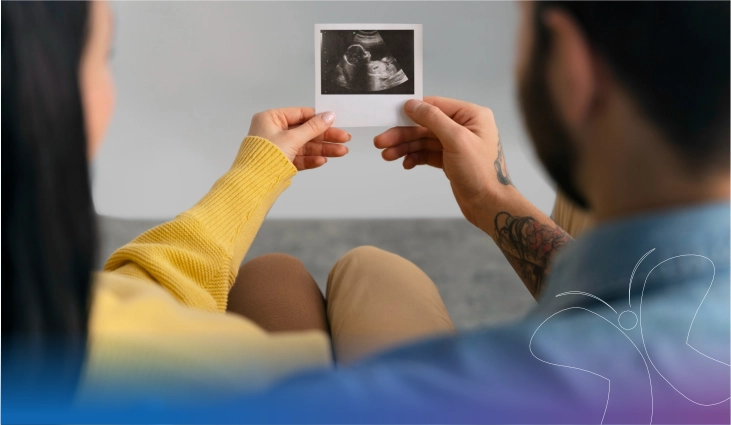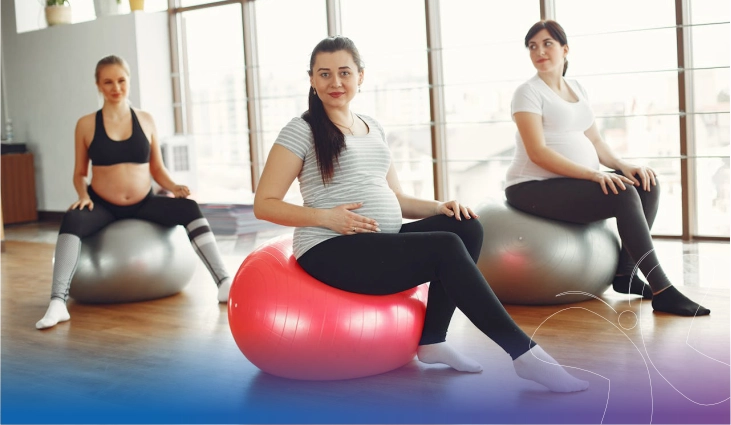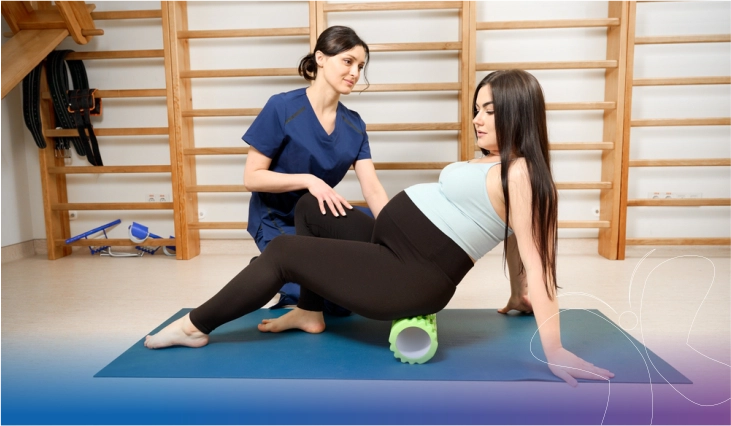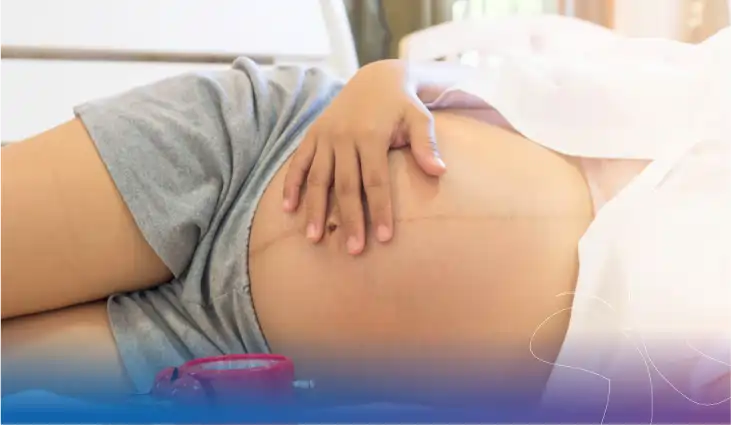When Silence Isn’t Reassuring
Every mother remembers her baby’s first kick. That small flutter, that gentle tap — it's the moment the bond feels real.
But what happens when, one day, the movements slow down or stop?
At Flowrence, we often see expectant mothers walk in quietly, unsure whether to panic or wait.
The truth? Reduced baby movement is one of the most important warning signs during pregnancy — and should never be ignored.
Understanding what's normal
Baby movements begin early in pregnancy but can usually be felt by the mother between 18 and 24 weeks, especially during a first pregnancy.
By the third trimester, movements become more regular and noticeable. They can include kicks, rolls, jabs, or stretches.
We advise mothers to track at least 10 movements in a span of 2 hours during the baby’s active phase (usually after meals or in the evening). This isn’t rigid — every baby is different — but it gives a clear baseline.
Why baby movements matter
Movements are a sign that your baby is active, healthy, and getting enough oxygen.
A sudden drop in movement can indicate:
- The baby is not getting enough nutrients or oxygen
- There’s an issue with the placenta or cord
- In rare cases, fetal distress or stillbirth risk
That’s why every maternity centre must treat reduced movement as urgent — not optional.
What to do if you feel less movement
- Drink a glass of cold water and lie on your left side. Wait for 1–2 hours and count.
- If you still don’t feel 10 clear movements, visit your doctor immediately.
- Never delay overnight. Baby monitoring is fast and safe — and could save a life.
We’ve seen many mothers wait, hoping things will pick up. Sometimes they do. But sometimes, waiting costs too much.
Our top gynaecologist in Rajkot always advises: “If you’re unsure — come in. Let us check.”
What happens during a hospital visit?
At Flowrence, we perform:
- Non-Stress Test (NST): Tracks baby's heart rate and movements
- Ultrasound: Checks amniotic fluid, cord flow, and overall growth
- Biophysical Profile (if needed): A detailed look at baby’s well-being
These tests are painless, quick, and give both mother and doctor peace of mind.
Why early action matters
In most cases, reduced movement doesn’t mean something is wrong — but it does need checking.
If there is a problem, early detection allows timely interventions: hydration, medication, bed rest, or in some cases, early delivery to prevent further risk.
That’s why our team — from experienced OBs to the best paediatrician in Rajkot— works together to ensure the safest possible outcomes for both mother and baby.
Final thoughts for expecting mothers
Don’t rely on guesswork. Don’t let internet forums replace your doctor’s opinion.
You know your baby’s pattern better than anyone. If something feels off — it probably is.
Let Flowrence be the place you turn to — whether it’s your first kick or a moment of silence that doesn’t feel right.











